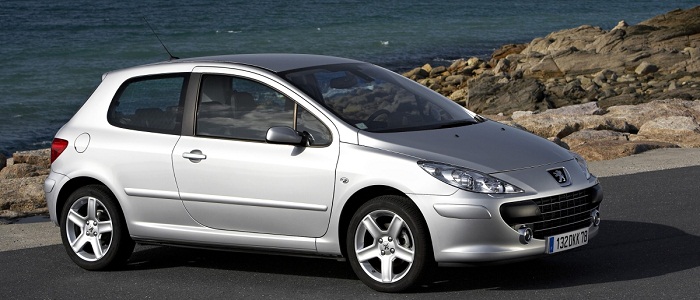





Basic info on Peugeot 307 2.0 HDiF 16V
The French car was first shown in year 2005 and powered by a 4 - cylinder turbo diesel unit, produced by Peugeot. The engine offers a displacement of 2.0 litre matched to a front wheel drive system and a manual gearbox with 6 gears. Vehicle in question is a small family car with the top speed of 202km/h, reaching the 100km/h (62mph) mark in 9.8s and consuming around 5.4 liters of fuel every 100 kilometers.
Data

Check vehicle history
Performance
emission
Dcategory
6 gears
average
5.4l/100km
Pros & Cons compared to direct rivals
Safety results for Peugeot 307

Related articles
Back in the 80's it was virtually impossible to describe any Volvo car without using insanely high number of superlatives. The MOST safe, the MOST reliable, the MOST comfortable... Still, they were puzzled on how to reach to a young drivers' hearts, creating the MOST interesting...
Other cars that might interest you...
acceleration
faster
consumption
higher
power
higher
length
longer
weight
lower
fuel tank
smaller
boot
larger
boot ext.
smaller
price
lower
acceleration
faster
consumption
equal
power
higher
length
equal
weight
lower
fuel tank
equal
boot
smaller
boot ext.
smaller
price
lower
acceleration
slower
consumption
higher
power
lower
length
shorter
weight
lower
fuel tank
smaller
boot
smaller
boot ext.
smaller
price
lower











